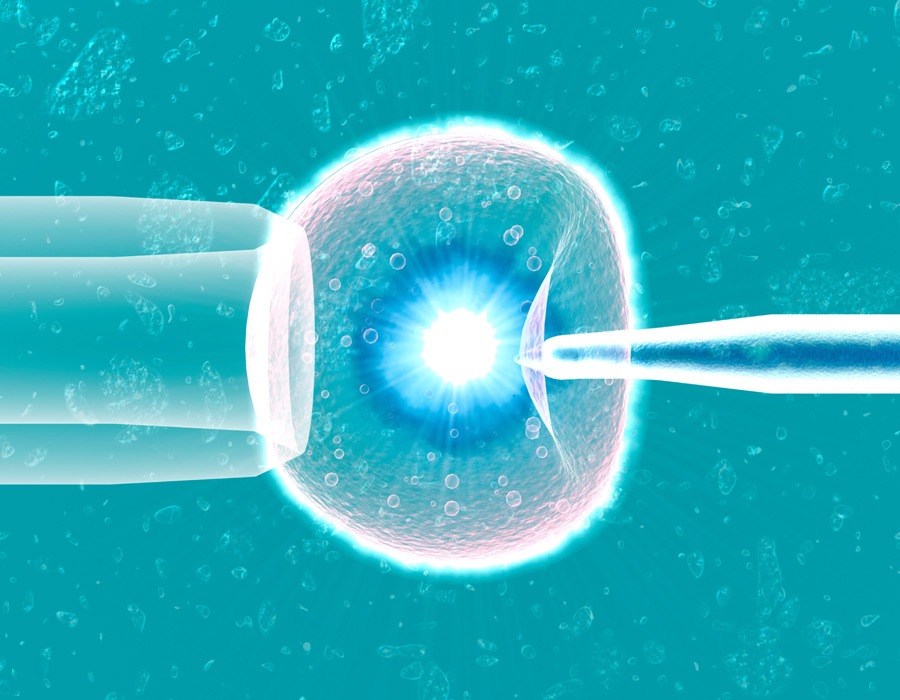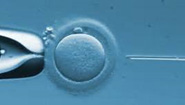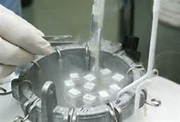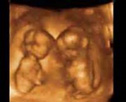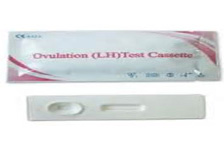There are a variety of indications for IVF.
- Male Factor Infertility: Male factor infertility includes low count and motility, high number of abnormal forms, ejaculatory dysfunctions, Failed reversal of Vasectomy/ Tubectomy, obstructive azoospermia etc.
- Age-Related Infertility: higher the age lesser the chances of conception. The fertility index keeps on decreasing after the age of 30 – 35
- Reduced ovarian reserve, which means lower quantity (and sometimes quantity) of eggs. A day 3 FSH and estradiol test, antral follicle counts and AMH hormone levels are often done as screening tests for egg quantity. Reduced egg quantity and quality is usually treated with either IVF, or with IVF with egg donation
- Absent or Damaged Fallopian Tubes: Rarely the fallopian tubes are found absent since birth. Many causes lead to blockage and damage of tube like severe adhesions, surgical procedures, infections etc.
- Endometriosis: The presence of tissue that normally grows inside the uterus (womb) in an abnormal anatomical location. Endometriosis is very common and may not produce symptoms, or it may lead to painful menstruation. It has also been associated with infertility
- Unexplained Infertility: Sometimes inspite of being absolutely normal male and female with normal hormonal assays, regular sexual intercourse and with all normal reports the couple is unable to conceive, this condition can be termed as unexplained infertility
- Recurrent Intrauterine Insemination Failure: repeated failure of IUI trials is also an indication for IVF. Inspite of good IUI trials with gonadotrophins and good post wash, if conception does not take place IVF is a better option
- Tubal and Pelvic Adhesions: pelvic adhesions and tubal adhesion may make tube incapable of nurturing the eggs and conception fails. Blockage of tubes arises due to pelvic adhesions
- Preimplantation Genetic Diagnosis (PGD)– In cases of repeated abortions and neo natal death PGD becomes necessary. PGD can be done only after IVF. [ PGD also helps in diagnosing several genetic diseases
- Premature Menopause:Also termed as premature ovarion failure, where the function of ovaries stops before the age of 30, Egg donation proves a better option which is possible only with IVF
How does IVF improve fertility?
- We force the body to produce multiple follicles and eggs (only one follicle with one egg inside develops in a natural menstrual cycle)
- We take the eggs out of the ovaries when they’re ready (release and tubal pickup of the egg can be inefficient naturally)
- We coerce fertilization in the lab (sperm or egg issues can cause fertilization problems in a natural situation)
- We culture the embryos for several days and then pick the best one (or more) for transfer to the female (selection of the best one(s) increases the chance of success)
- We transfer the embryo(s) to the best location in the middle of the uterine cavity (tubal transport of the embryo to the uterus is bypassed)




